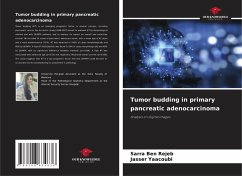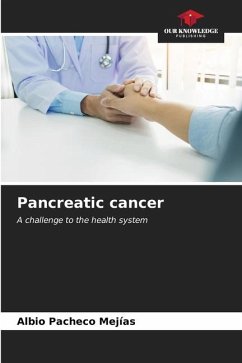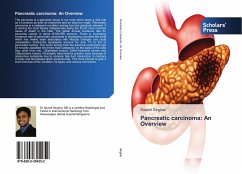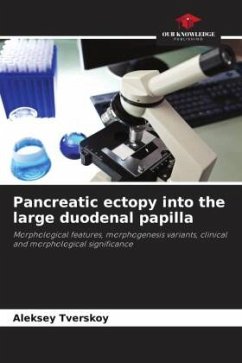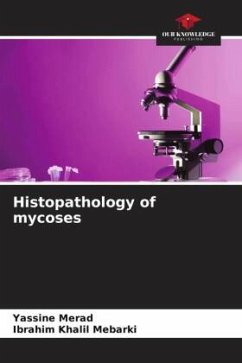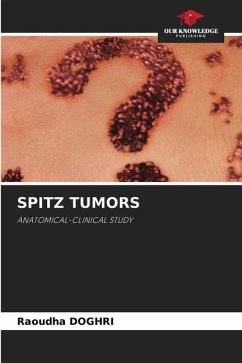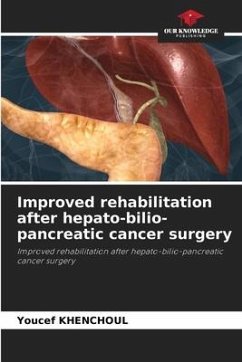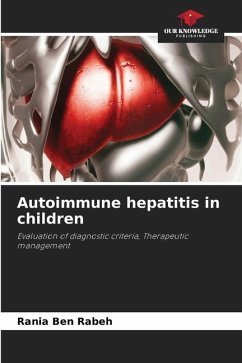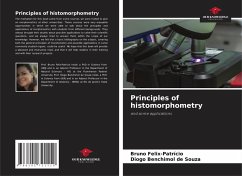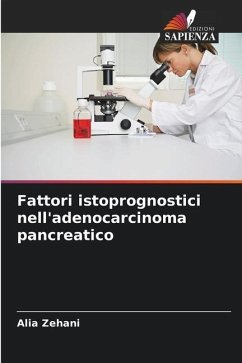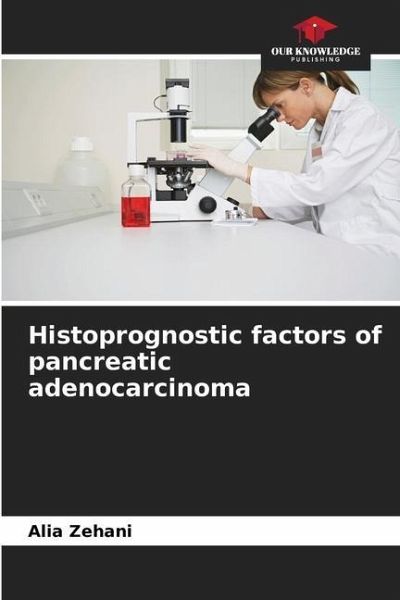
Histoprognostic factors of pancreatic adenocarcinoma
Versandkostenfrei!
Versandfertig in 6-10 Tagen
33,99 €
inkl. MwSt.

PAYBACK Punkte
17 °P sammeln!
Pancreatic ductal adenocarcinoma (PDA) has a poor prognosis. Identification of the factors that condition its aggressiveness would be crucial. The aim of the study was to determine the histoprognostic factors of resectable PCA and to evaluate the interest of the Epithelial-Mesenchymal Transition (EMT) study. This is a descriptive study of 36 cases of PCA. EMT was assessed by tumor budding and immunohistochemical expression of vimentin and CD44. Conventional PCA was the primary histologic type (78%). The 5-year survival was 5.6%. Age 70 years and expression 5% of vimentin influenced survival in...
Pancreatic ductal adenocarcinoma (PDA) has a poor prognosis. Identification of the factors that condition its aggressiveness would be crucial. The aim of the study was to determine the histoprognostic factors of resectable PCA and to evaluate the interest of the Epithelial-Mesenchymal Transition (EMT) study. This is a descriptive study of 36 cases of PCA. EMT was assessed by tumor budding and immunohistochemical expression of vimentin and CD44. Conventional PCA was the primary histologic type (78%). The 5-year survival was 5.6%. Age 70 years and expression 5% of vimentin influenced survival in univariate analysis. Size 4 cm, presence of tumor remnant, and high-grade budding were independent factors for poor prognosis. Tumor budding was the only independent factor influencing disease-free survival. It was associated with vimentin expression. EMT is a progressive phenomenon of PCA responsible for its aggressiveness and resistance to chemotherapy. Recognition of the mechanismsthat regulate this phenomenon offers hope for targeted therapies.



